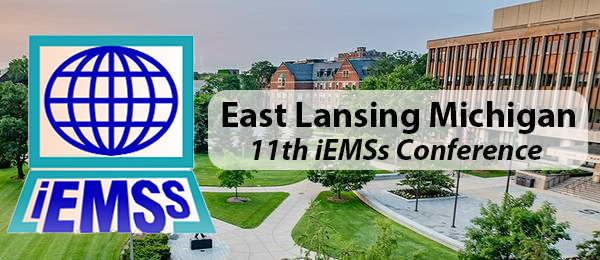Keywords
Releases of hazardous substances; Source Term Estimation; Bayesian Inference; Dispersion Models
Start Date
6-7-2022 2:00 PM
End Date
6-7-2022 2:20 PM
Abstract
Accidental and intentional releases of hazardous substances in populated areas are a significant concern for all people responsible for public security. The source term estimation (STE) problem of determining the gas emission origin from the limited information provided by a set of released substance concentration measurements from sensors network is an ill-posed inverse problem. This paper describes the PyBySTE package's details, which is a convenient and efficient tool able to reconstruct the parameters of the source of gas releases in various domains. Bayesian source reconstruction module combines sensor measurements with advanced models to determine the posterior probabilistic distribution of unknown source parameters (e.g., location, release date, time of release) according to weather information and a user-defined prior distribution. The approach is based on Sequential Monte Carlo (SMC) and Approximate Bayesian Computation (ABC). Source reconstruction module was tested against different-scale field experiments (e.g., Copenhagen Tracer Experiment) using various dispersion models (e.g., Scipuff). The package allows connecting arbitrary dispersion model through the created interface. The postprocessing module supports Bayesian analysis for separate parameters. Moreover, this module implemented in PyBySTE can produce summary reports containing performance measures (e.g., fractional bias (FB), geometric mean bias (MG)) and specialized plots used in the evaluation of dispersion models (data vs. model temporal comparison, spatial visualization of the error prediction in model location, etc.) Furthermore, the presented package can be used to estimate the parameters of the arbitrary forward model guided by the comparison with sparse data, e.g., in the hydrology field.
Introducing PyBySTE: A Python package for Source Term Estimation using Bayesian Inference
Accidental and intentional releases of hazardous substances in populated areas are a significant concern for all people responsible for public security. The source term estimation (STE) problem of determining the gas emission origin from the limited information provided by a set of released substance concentration measurements from sensors network is an ill-posed inverse problem. This paper describes the PyBySTE package's details, which is a convenient and efficient tool able to reconstruct the parameters of the source of gas releases in various domains. Bayesian source reconstruction module combines sensor measurements with advanced models to determine the posterior probabilistic distribution of unknown source parameters (e.g., location, release date, time of release) according to weather information and a user-defined prior distribution. The approach is based on Sequential Monte Carlo (SMC) and Approximate Bayesian Computation (ABC). Source reconstruction module was tested against different-scale field experiments (e.g., Copenhagen Tracer Experiment) using various dispersion models (e.g., Scipuff). The package allows connecting arbitrary dispersion model through the created interface. The postprocessing module supports Bayesian analysis for separate parameters. Moreover, this module implemented in PyBySTE can produce summary reports containing performance measures (e.g., fractional bias (FB), geometric mean bias (MG)) and specialized plots used in the evaluation of dispersion models (data vs. model temporal comparison, spatial visualization of the error prediction in model location, etc.) Furthermore, the presented package can be used to estimate the parameters of the arbitrary forward model guided by the comparison with sparse data, e.g., in the hydrology field.



Stream and Session
false